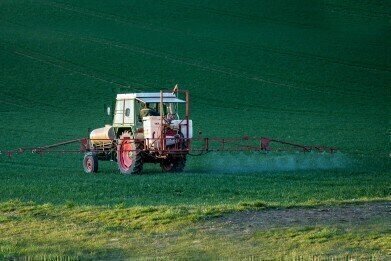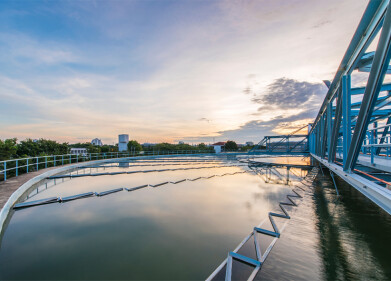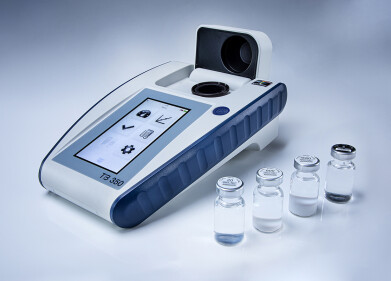Water/Wastewater
Is Pesticide Residue Harmful?
Apr 25 2021
According to the UN, the global population is expected to swell to 9.7 billion by 2050 – which is a 22% increase from today. It’s believed that only 20% of the increased food production will come from new farmland, with more efficient agricultural practices and more intensive farming expected to pick up the remaining 80% shortfall. Pesticides already play a huge role in food security and will continue to do so in the future.
In fact, there are currently over 1,000 pesticides in use around the world today. Unfortunately, not all of these are as safe in environmental or public health terms as others. Pesticide residue, which can leach into food and water supplies, can be damaging to the human body and, in extreme quantities can even cause death. Most of those known to have significantly harmful health effects have been banned in many countries – but not all of them. Meanwhile, countless other legal pesticides can still have negative effects on those subjected to prolonged exposure.
Protecting the vulnerable
The people most at risk of suffering adverse health effects from pesticide residue are those most exposed to it – i.e., farmers or other agricultural workers who spread it on crops in the field. Certain pesticides (such as lindane or dichlorodiphenyltrichloroethane, otherwise known as DDT) have been proven to persist in the environment for extended periods and to have potentially deadly effects on human and animal lives, which is why they have been banned in all countries who signed up to the 2001 Stockholm Convention.
As well as prohibiting the production, sale and use of the most toxic and persistent pesticides, the WHO also aims to protect public health by imposing maximum thresholds of pesticide residue that is allowed to contaminate food and water. This generally happens either via excess concentrations of the chemicals contaminating crops, or via agricultural run-off infiltrating waterways, which is why the water-agricultural interface is so critical to the environment. At very low levels, these residues have little to no noticeable repercussions on the human body, but can be damaging in greater quantities.
Risk and reward
With such a huge population worldwide – and with the vast majority of increases projected to occur in developing countries – pesticides are an indispensable method of reducing crop spoiling and ensuring there is enough produce to feed everyone. However, it’s important to take precautions so that the enhanced yields and more intensive farming practices that pesticides facilitate don’t come at the expense of reduced quality of food or water.
The key to maintaining those standards is through thorough monitoring, which can be achieved via sophisticated analysis of agricultural samples on a regular basis. Relevant local authorities must police the use of pesticides by commercial farmers and other pesticide users in their jurisdictions, while individuals (such as gardening and horticulture enthusiasts) can help to reduce the risk by following the guidelines on pesticide products and taking adequate precautions to protect their own health while handling them.
Help make the European Green Deal REAL!
STAY updated on the latest research, environmental legislation, methods and technologies for monitoring, analysing and testing for pesticides, click here to subscribe to a free copy of International Environmental Technology.
Digital Edition
IET 34.2 March 2024
March 2024
Gas Detection - Biogas batch fermentation system for laboratory use with automatic gas analysis in real time Water/Wastewater - Upcycling sensors for sustainable nature management - Prist...
View all digital editions
Events
Apr 17 2024 Guadalajara, Nexico
Apr 18 2024 Shanghai, China
Apr 22 2024 Hannover, Germany
Apr 22 2024 Marrakech, Morroco
Apr 23 2024 Kuala Lumpur, Malaysia


















